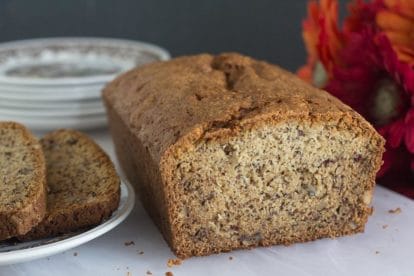We recently had a conversation with one of our Success Team dietitians, Tamara Duker Freuman MS RD CDN, about the connection between nickel and Irritable Bowel Syndrome (IBS). She is seeing it more and more symptoms related to nickel in her clients, and there is a connection with the low FODMAP Diet. It turns out that many foods have FODMAPs and nickel in common.
Could Nickel Be YOUR Problem?

For many people with IBS, identifying and managing dietary triggers can feel like an exhausting, never-ending puzzle. FODMAPs, gluten, dairy, caffeine—these are the usual suspects. But in recent years, a lesser-known culprit has been gaining attention: nickel. Yes, the same metal found in coins and jewelry may also be hiding in your food and contributing to gut discomfort.
From Your Ears to Your Bottom Half

Tamara said she has found that patients who have ear irritation from costume jewelry (often high in nickel) and/or itchy vaginas for women can be indicative of nickel allergy.
While IBS and nickel allergy may seem like two completely separate issues, emerging research suggests a complex and intriguing overlap. Let’s explore how these two conditions are linked, how to recognize the symptoms, and what it means for dietary management.
- Could Nickel Be YOUR Problem?
- From Your Ears to Your Bottom Half
- What Is a Nickel Allergy?
- IBS: A Quick Refresher
- The Gastrointestinal Symptoms of Nickel Sensitivity
- High-Nickel Foods You Might Be Eating
- "Healthy" Is Not The Only Answer
- The Research Behind the Nickel–IBS Link
- Diagnosing Nickel Sensitivity
- What Is a Low-Nickel Diet?
- Beware of Overlaps
- Who Should Consider Testing for Nickel Sensitivity?
- Final Thoughts
What Is a Nickel Allergy?
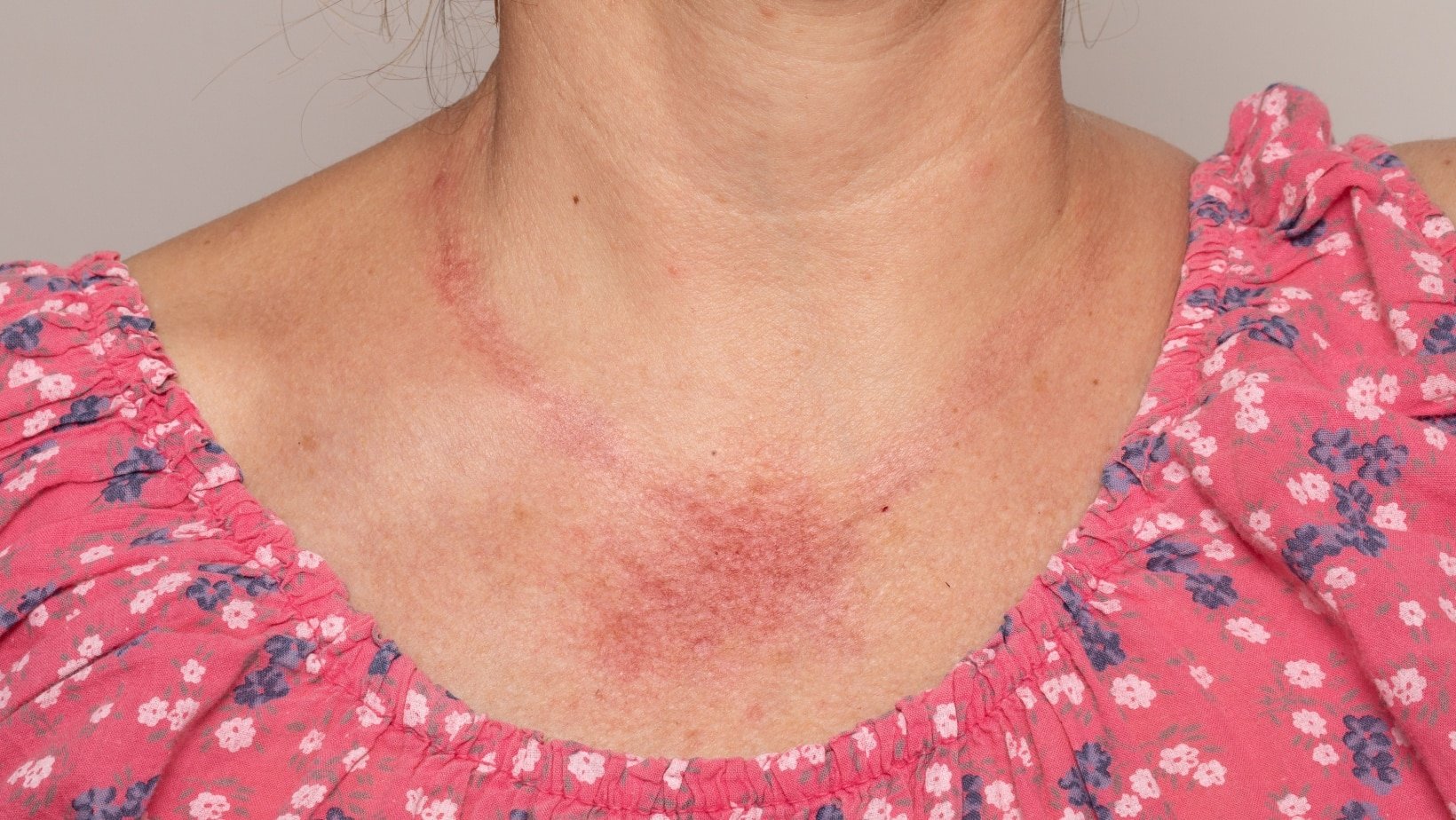
Nickel allergy is one of the most common causes of allergic contact dermatitis, affecting up to 15% of the population—particularly women. This allergy typically flares up when the skin comes into direct contact with nickel-containing objects like earrings, belt buckles, watchbands, or cell phones. Symptoms include redness, itching, and rash at the site of contact.
But for some people, the problem goes beyond skin deep. Enter Systemic Nickel Allergy Syndrome (SNAS), a condition in which nickel consumed through food triggers widespread symptoms. These can include eczema, headaches, fatigue, and gastrointestinal issues that closely mimic IBS.
IBS: A Quick Refresher

Irritable Bowel Syndrome is a functional gastrointestinal disorder, now called a DGBI—Disorder of the Gut-Brain Interaction— characterized by chronic abdominal pain, bloating, gas, diarrhea, and/or constipation. It affects an estimated 10–15% of adults worldwide. While the exact cause remains unknown, it’s widely accepted that diet, gut-brain interaction, and altered microbiota play key roles in symptom management.
People with IBS are often advised to follow the low FODMAP diet, which reduces fermentable carbs known to exacerbate symptoms. But what happens when someone follows a low FODMAP plan and still experiences discomfort? That’s where nickel may come into play.
The Gastrointestinal Symptoms of Nickel Sensitivity

Nickel sensitivity isn’t limited to dermatitis. When people with SNAS consume high-nickel foods, they can experience:
- Nausea
- Abdominal cramping
- Diarrhea or constipation
- Bloating
- Reflux or heartburn
- Oral burning or metallic taste
These symptoms significantly overlap with IBS, leading some researchers to propose that nickel sensitivity may be an overlooked trigger for gastrointestinal distress—especially in those who don’t fully respond to traditional IBS management strategies.
High-Nickel Foods You Might Be Eating

Nickel is a naturally occurring element found in soil, and therefore in many plant-based foods. The amount of nickel in food can vary by soil composition, farming methods, and even cooking techniques (e.g., using lower quality stainless steel cookware).
Common high-nickel foods include:
- Legumes (lentils, beans, peas, soy)
- Whole grains (especially oats, buckwheat, and bran)
- Nuts and seeds (almonds, hazelnuts, sunflower seeds)
- Chocolate and cocoa
- Tea (especially black tea)
- Canned foods
- Leafy greens like spinach and kale
“Healthy” Is Not The Only Answer
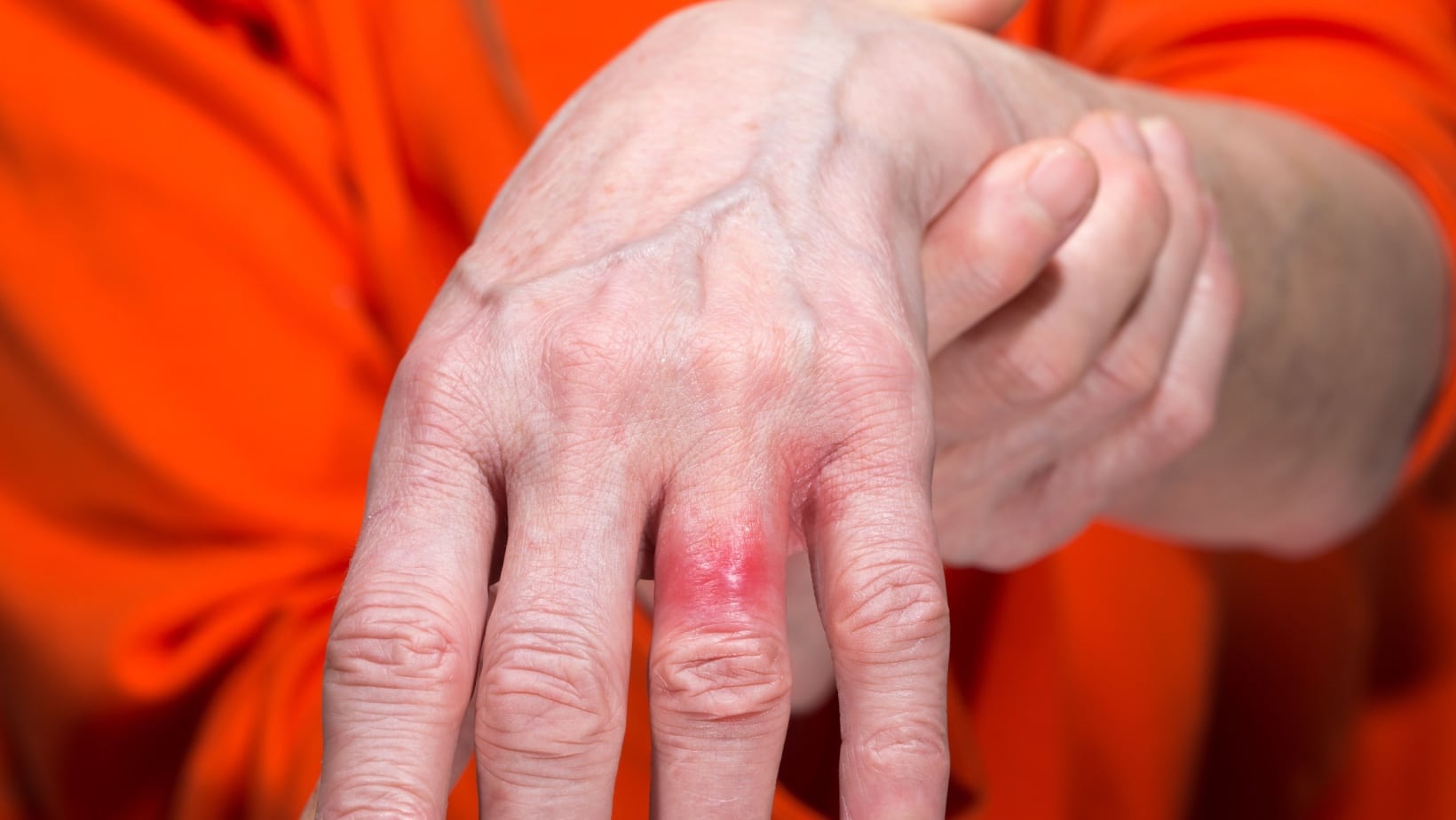
These are often perceived as healthy foods—which they are for most people—but they can cause distress for those with nickel sensitivity. In fact, many of these foods are low FODMAP, so someone could be eating IBS-focused meals and still feel terrible.
The Research Behind the Nickel–IBS Link
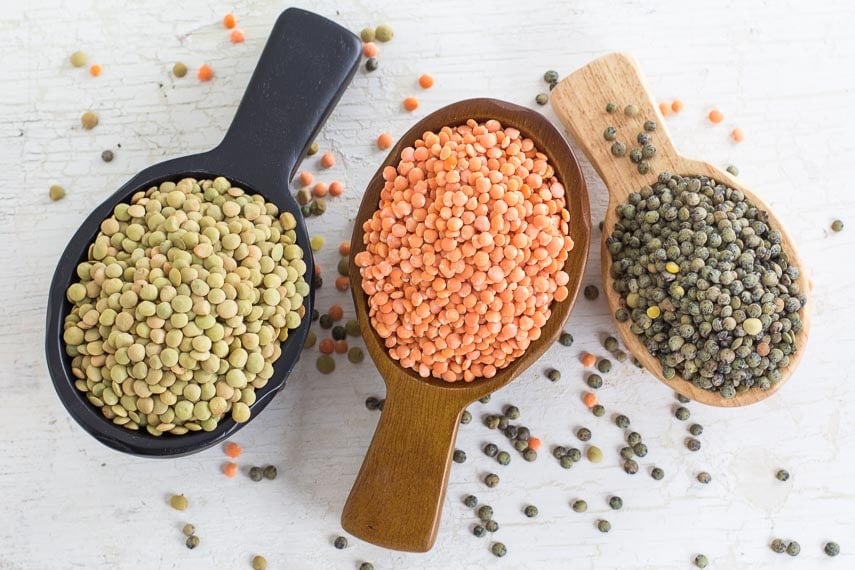
A number of Italian researchers, particularly from the Sapienza University of Rome, have spearheaded investigations into this connection. One landmark study followed IBS patients with suspected nickel sensitivity. After adopting a low-nickel diet, many experienced significant symptom improvement, including less bloating, pain, and irregularity.
More recent studies have echoed these findings. A 2017 review proposed that dietary nickel may act as an under-recognized trigger in patients with IBS-like symptoms, particularly those with systemic nickel allergy. Researchers also noted that patients with nickel sensitivity often report symptom improvement within two weeks of adopting a low-nickel diet.
Diagnosing Nickel Sensitivity
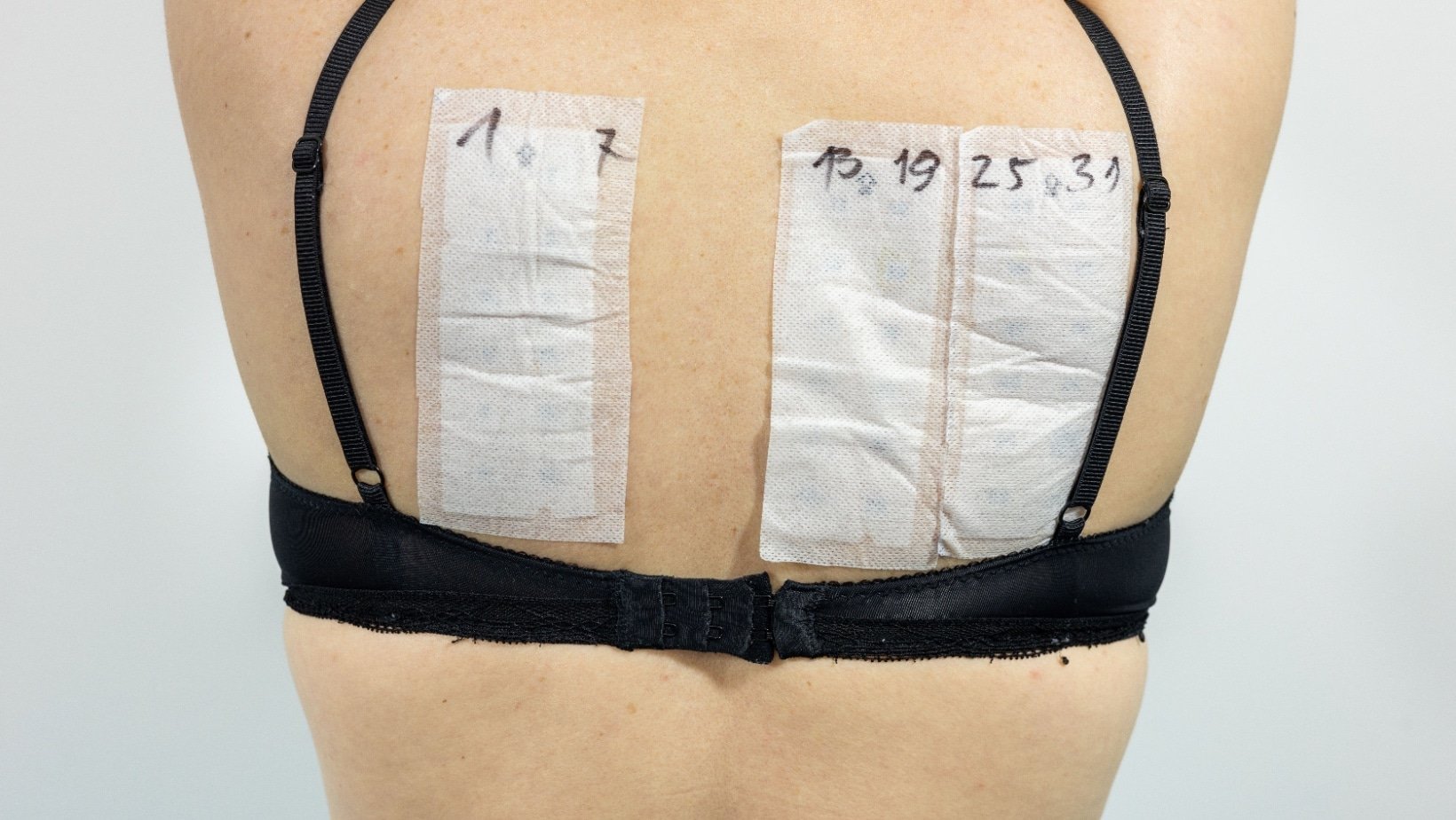
If you suspect nickel could be a factor in your IBS symptoms, talk to a healthcare professional. Diagnosis typically involves:
- Patch testing: This helps identify contact nickel allergy (e.g., from jewelry).
- Oral challenge testing: Performed under medical supervision, this test assesses reaction to ingested nickel.
- Elimination diet: A low-nickel diet trial followed by gradual reintroduction may help pinpoint sensitivity.
Because oral testing is risky and not commonly available, many practitioners opt for a practical approach: remove high-nickel foods for 2–4 weeks, then observe symptom changes.
What Is a Low-Nickel Diet?

A low-nickel diet aims to reduce the intake of foods known to contain significant amounts of nickel. This can be a challenge, especially for people already managing restrictions like gluten-free or low FODMAP eating.
A few nickel-smart tips include:
- Use glass, ceramic, or enamel cookware instead of stainless steel.
- Avoid canned goods and cook fresh whenever possible.
- Limit high-nickel plant foods and opt for animal proteins like eggs, poultry, and dairy.
- Drink filtered or bottled water—nickel content in tap water can vary by region.
Beware of Overlaps
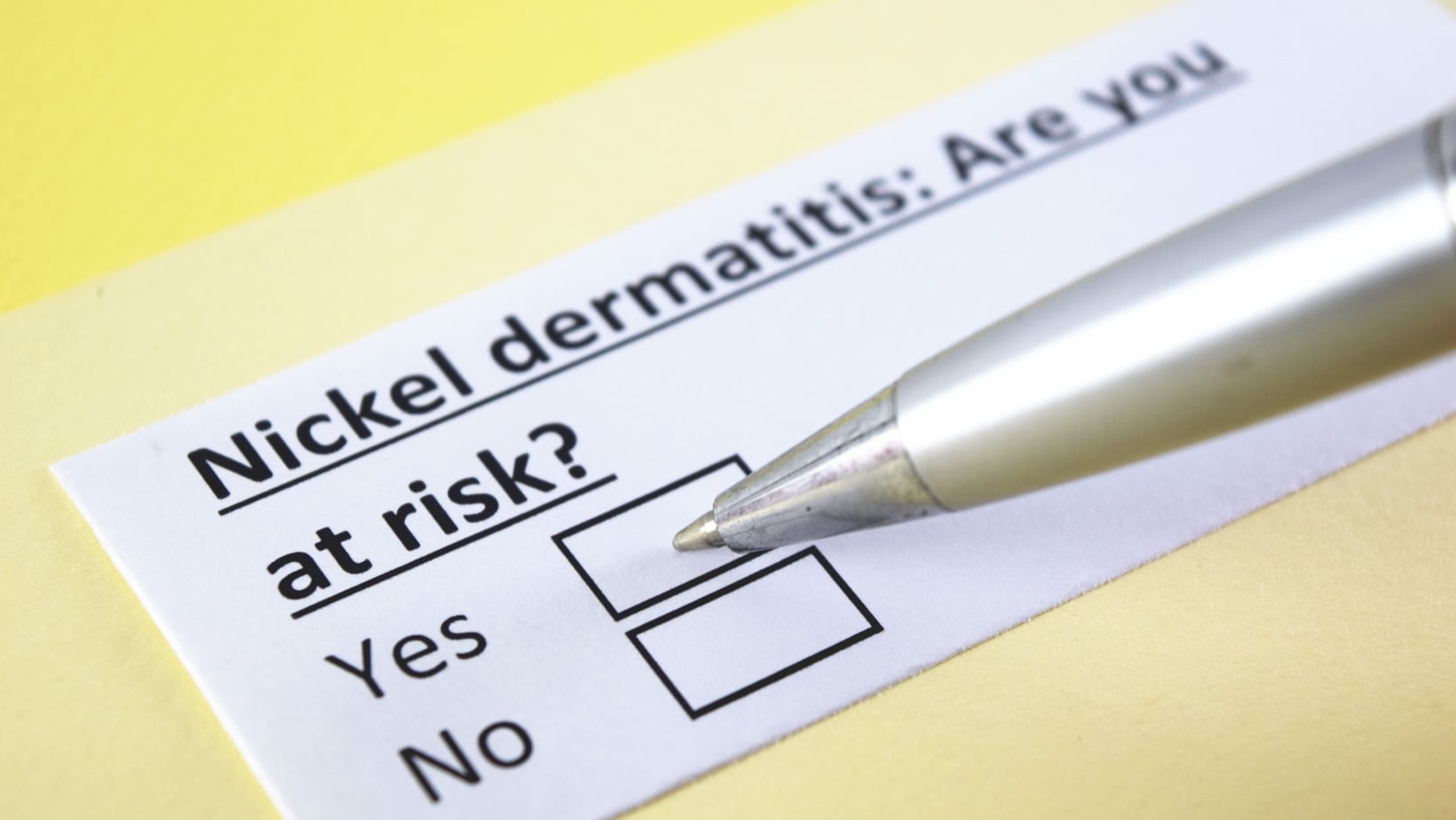
If you’re also on a low FODMAP diet, be aware that overlap exists. For example, oats and lentils may be low FODMAP in small servings but high in nickel. A registered dietitian familiar with both conditions can help tailor a plan.
If you’ve exhausted standard IBS management strategies and still feel like something isn’t quite right, it might be worth investigating your nickel exposure.
Who Should Consider Testing for Nickel Sensitivity?

Nickel isn’t a factor related to IBS for everyone. But you may want to explore this connection if:
- You’ve been diagnosed with IBS but still experience significant symptoms despite dietary management.
- You also have skin reactions to nickel-containing jewelry or metal items.
- You’ve experienced improvement on a low-nickel diet in the past.
- You feel worse after eating foods like legumes, tea, dark chocolate, or leafy greens even if they are low FODMAP.
A nickel allergy is often part of a larger picture of heightened immune response. It may occur alongside other sensitivities, such as to histamine, salicylates, or sulfites.
Final Thoughts

While the connection between nickel allergy and IBS isn’t yet fully understood, it’s a compelling area of research that may offer relief for patients who feel they’ve hit a wall with traditional treatments. If you’ve exhausted standard IBS management strategies and still feel like something isn’t quite right, it might be worth investigating your nickel exposure.
As always, it’s important to seek guidance from a knowledgeable medical practitioner before making sweeping changes to your diet. With the right support, understanding your unique triggers—whether they’re FODMAPs, gluten, or yes, even nickel—can help you find the freedom to eat without fear and feel better in your gut and your life.




